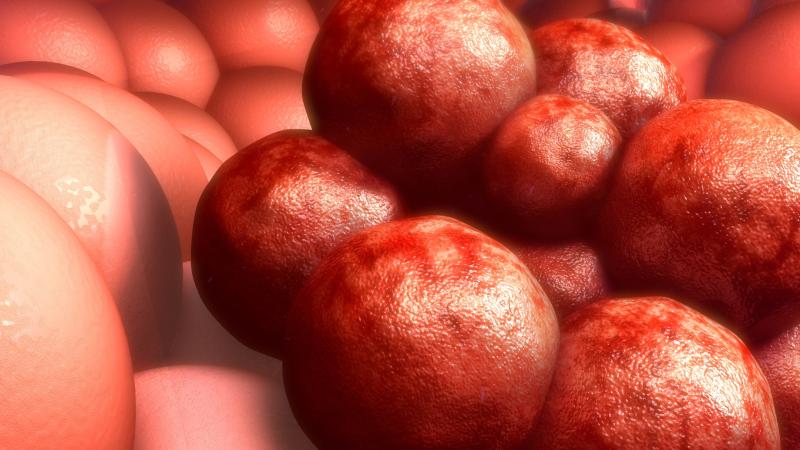
Using a humanized antidisialoganglioside mAb (hu14.18K322A) in combination with induction chemotherapy appears to yield favourable outcomes in children with high-risk neuroblastoma, including induction of an early response, improvement of Curie scores (CSs) and a 2-year event-free survival (EFS), according to the results of a phase II trial.
A total of 42 patients received hu14.18K322A, which was coadministered with six courses of induction chemotherapy and followed with granulocyte–macrophage colony-stimulating factor (GM-CSF) and low-dose interleukin-2 (IL2). A busulfan/melphalan preparative regimen was used during consolidation therapy. An additional course of hu14.18K322A was given with parent-derived natural killer cells, when available, during consolidation. Hu14.18K322A, granulocyte-macrophage colony stimulating factor, IL2 and isotretinoin were then administered.
Results were favourable for the primary outcomes. Partial responses (PR) or better after the first two chemoimmunotherapy courses were documented in 32 patients (76.2 percent, 95 percent confidence interval [CI], 60.6–88.0). Furthermore, most patients achieved 2-year EFS (85.7 percent, 95 percent CI, 70.9–93.3).
The primary tumour volume decreased by a median of 76 percent (range, –100 percent to 5 percent). Thirty-one of 35 patients with stage IV disease who completed induction had CSs of ≤2. None of the patients experienced progression during induction.
Researchers believe that the current findings, if validated in a larger study, may change the standard of care for children with high-risk neuroblastoma.